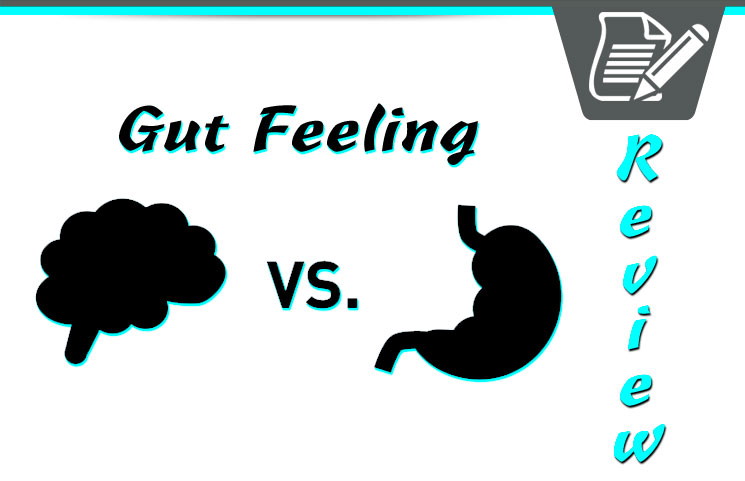Researchers Say The “Gut Feeling” is Real
Your brain’s real power is a bit overstated and overrated. To keep your body working, you don’t need a functioning brain, but you do need something to provide your body with energy.
This is where the gut enters.
You probably don’t give it much thought – perhaps because it literally happens without any conscious thoughts about it – but the process of extracting energy from the food you eat is quite complex. This process engages hundreds of millions of neurons that are not in your brain.
Those neurons are located in the outer layers of your GI tract, and the enteric nervous system they form is incredibly powerful. In fact, it is so powerful that it can operate without any direct input from the brain.
This nervous system functions to ensure food passes at normal speed, makes sure the right “juices” are secreted to make digestion more efficient, and it also manages mucus in the intestinal lining. These functions are crucial to your health and over the past decade or so we’ve learned just how much the gut can impact the rest of your body.
The Gut Impact
So what exactly does the enteric nervous do? One thing it controls is the trillions of bacteria in your gut. These bacteria help extract and absorb nutrients, and they even help to boost the immune system.
According to Justin and Erica Sonnenburg, researchers at Stanford University, enteric neurons change the thickness of the mucus lining to control these microbes. The process is similar to how “creatures adapted to a moist rain forest would struggle in the desert.” Depending on what kinds of bacteria are best suited for a specific job, the mucus lining determines their population.
That’s not all though. It has long been suspected that the gut may influence the brain and now we evidence that this long-standing theory is very true.
The Gut-to-Brain Connection
In a 2011 study, mice were split based on their personality – timid vs. adventurous. In the study, the researchers took another set of mice with bacteria-free guts. They installed half of the bacteria-free mice in each group. After some time, researchers discovered the bacteria-free mice took on the traits of the mice with bacteria.
In a recent study published in the medical journal Brain, Behavior, and Community, Duke University researchers found an even more telling connection between the gut and the brain.
Staci Bilbo, the lead researcher at Duke University, and her colleagues used tapeworms and showed how they could cause memory loss.
In her study, we split a group of 30 rats into two – one group received the worm and the other did not. In both groups, she used a second infection that produced a brain-signaling chemical called IL-1B. While normally beneficial, high levels of this brain chemical can cause serious mental issues when unchecked.
To test the rat’s memories, rats were put in a room and allowed to become familiar with it. Researchers then gave them a shock so they would connect the room with bad memories. The next day both groups were introduced to the room.
The rats infected by tapeworms were twice as likely to recoil from the room as the rats they did not have the worms. The tapeworm infection seemed to protect the mice from memory loss.
So essentially, what happened was the rats with tapeworms already had an immune system reaction. So when the second infection was administered, the immune system was able to keep the levels of the brain chemical down.
While it isn’t recommended that anybody suddenly infect themselves with tapeworms, researchers are hopeful their studies show how connected the gut and the brain truly is.
Probiotics – The Solution
One idea that has researchers interested is the use of probiotics. Probiotics are supplements that contain live bacteria – the type of bacteria that keep the gut healthy.
Thanks to their research, some scientists believe that probiotics may be able to help keep the brain healthy and improve the overall health of the body.
We know how important the health of the gut is and now know how deep of an impact the gut has on the brain, so it is entirely possible probiotics could be the answer to keeping the human body healthy.









